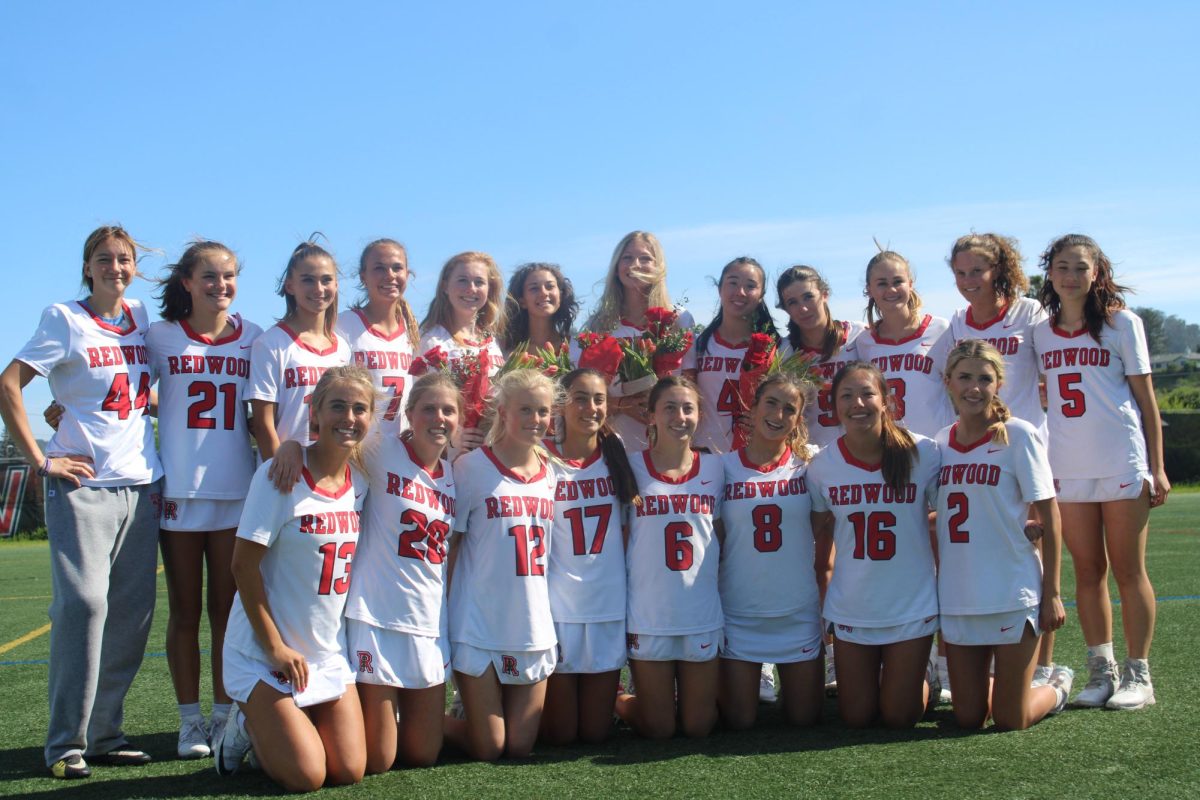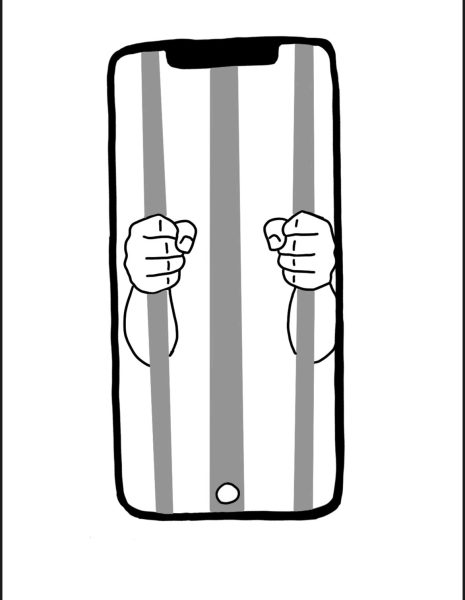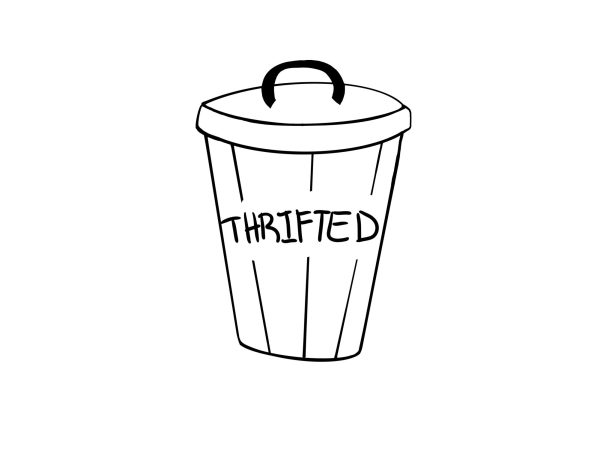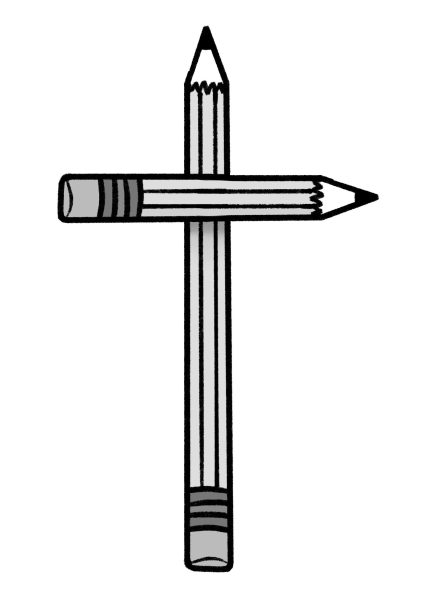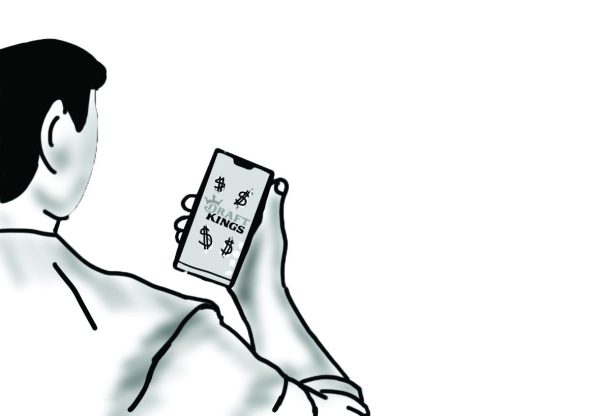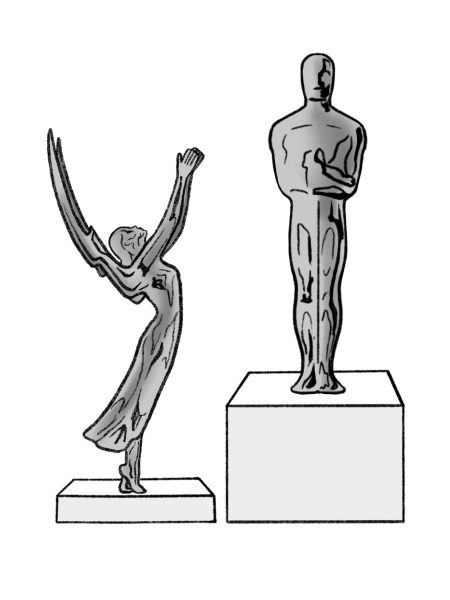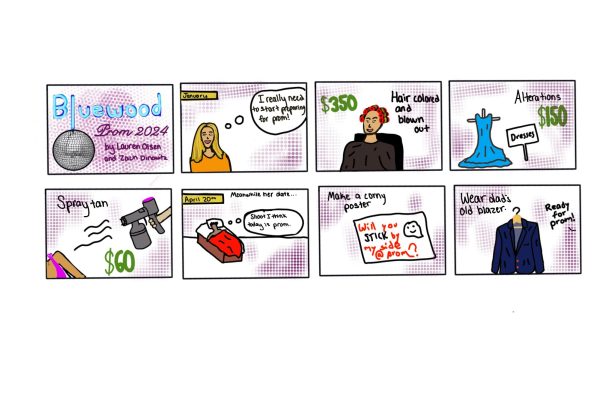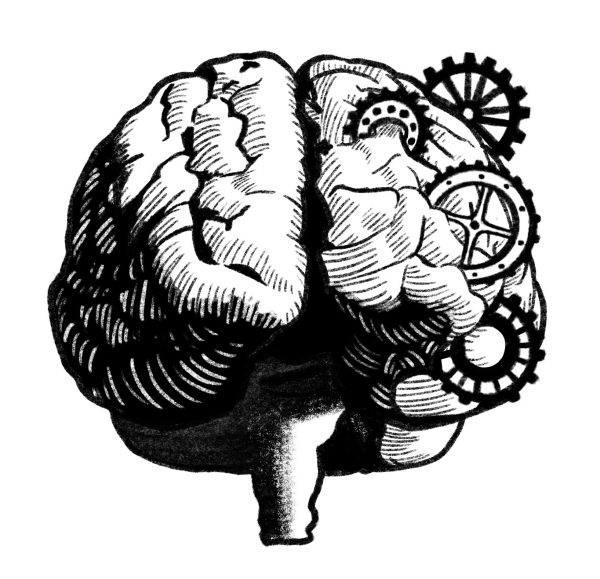The true bias of the American news media
March 27, 2023
Throughout my academic life, I have been taught to always seek impartiality in news. I’m not alone. According to the March 2023 Bark survey, 67 percent of students believe that reading unbiased news is either very important or somewhat important. However, there are no perfectly unbiased news outlets in modern-day life. News outlets are influenced by the larger capitalist society that they exist in, which creates a staunchly pro-market, pro-American bias in most newspapers. Therefore, we should read articles from mainstream news outlets through a critical eye, to recognize how the larger American capitalist system influences these news outlets.
Almost all mainstream news outlets in America — The New York Times, Fox News and CNN — are profit-driven enterprises, and thus, are susceptible to the interests of their shareholders. These news outlets are less likely to publish articles critical of the capitalist system because they rely on capitalism to function. Why would the Washington Post write an article about the failures of capitalism when its owner, Jeff Bezos, is the second-richest man in the world?
Usually, the wealthy and powerful do not directly censor news outlets. Rather, media bias in the U.S. is a result of self-censorship and unconscious biases. In the book, “Manufacturing Consent,” social critics Noam Chomksy and Edward Herman note how journalists quickly internalize what they can and cannot say, and what will and will not be published. Editors’ decisions about which stories to print and what language to use also reflect the internalized biases of the mainstream media. Pro-capitalism and pro-government stories will be published more often, while stories that present the downsides of capitalism or the horror of American imperialism will not be featured prominently.
For example, according to a 2023 study from the media watchdog group Fairness and Accuracy in Reporting (FAIR), newspapers were twice as likely to talk about Russia’s use of Iranian drones to target Ukrainian civilians than they were of Israel’s use of American missiles to bomb Palestinian homes. Though the actual facts published are correct, the prioritization of certain stories over others creates a bias toward American imperialism and its ally’s disregard for human rights.
Newspapers can also exhibit their biases by creating false dichotomies. This was clearly present in reporting on the 2017 Unite the Right Rally in Charlottesville, Virginia. In Charlottesville, left-wing anti-fascists battled hundreds of swastika-wearing Neo-Nazis and other members of the far-right, ending with dozens injured and one anti-fascist demonstrator murdered. FAIR found that in the following month, newspapers critiqued both the Neo-Nazis and the anti-fascists equally. Neo-Nazis were condemned 27 times and anti-fascists were attacked 28 times by the six major newspapers surveyed, despite the fact that the Nazis murdered a protester and the anti-fascists did not. By presenting the Charlottesville Nazis who wanted to commit genocide and the anti-fascists who showed up to stop them in equally negative lights, the mainstream media demonstrated a clear bias against the left-wing anti-fascists, because there was no equivalency between the two groups.
Some argue that the U.S. mainstream media is biased towards liberalism, and therefore that the media is left-leaning. While the U.S. media may lean towards liberalism, liberalism is not left-wing, despite overlapping with leftist positions on some social issues. Left-wing positions include a strong opposition to capitalism, imperialism and inequality. Meanwhile, many liberal politicians are often subservient to wealthy corporations, support attacks on countries such as Libya and Syria, and further the unequal capitalist status quo. The mainstream media is both slightly liberal-leaning and biased against leftist ideas.
Even when reading the news from seemingly reliable and mainstream news outlets like The Associated Press or Reuters, we must keep in mind the biases that these news articles publish. The Bark is no exception to this rule. Politically, I’m fairly left-wing, and though I constantly strive for impartiality, I understand that unconscious biases influence both the articles I publish and the articles published by the Bark staff.
For these reasons, reading the news with a critical eye and having an open mind to smaller, independent news sources is important. If we do so, we will be able to form our own opinions about world events without being influenced by the biases present in the media we consume. However, individual choices alone cannot change the fundamental issues inherent in capitalist media. Only transforming corporate media into genuine worker-run enterprises and abolishing the larger capitalist economy in which they operate will be sufficient in stopping the pro-capitalism, pro-imperialism bias in our media.



